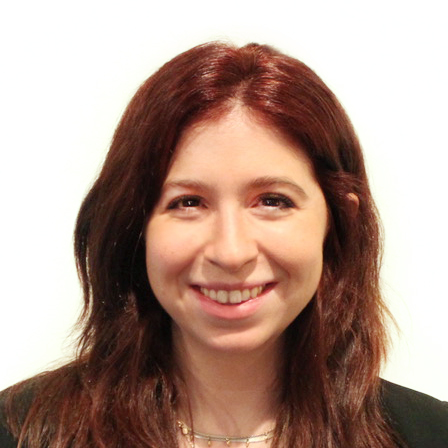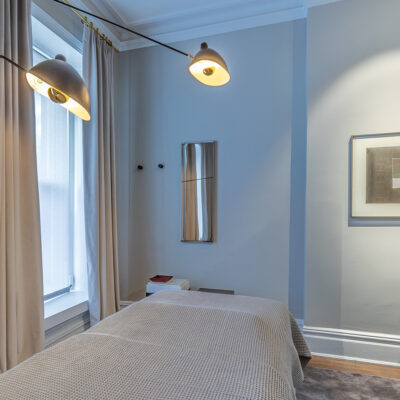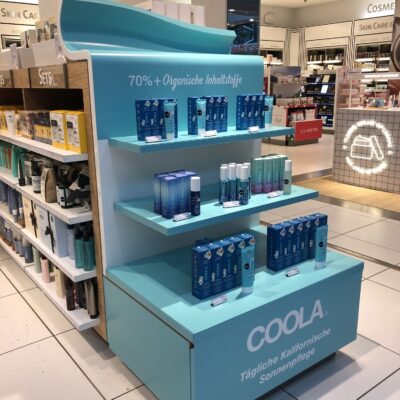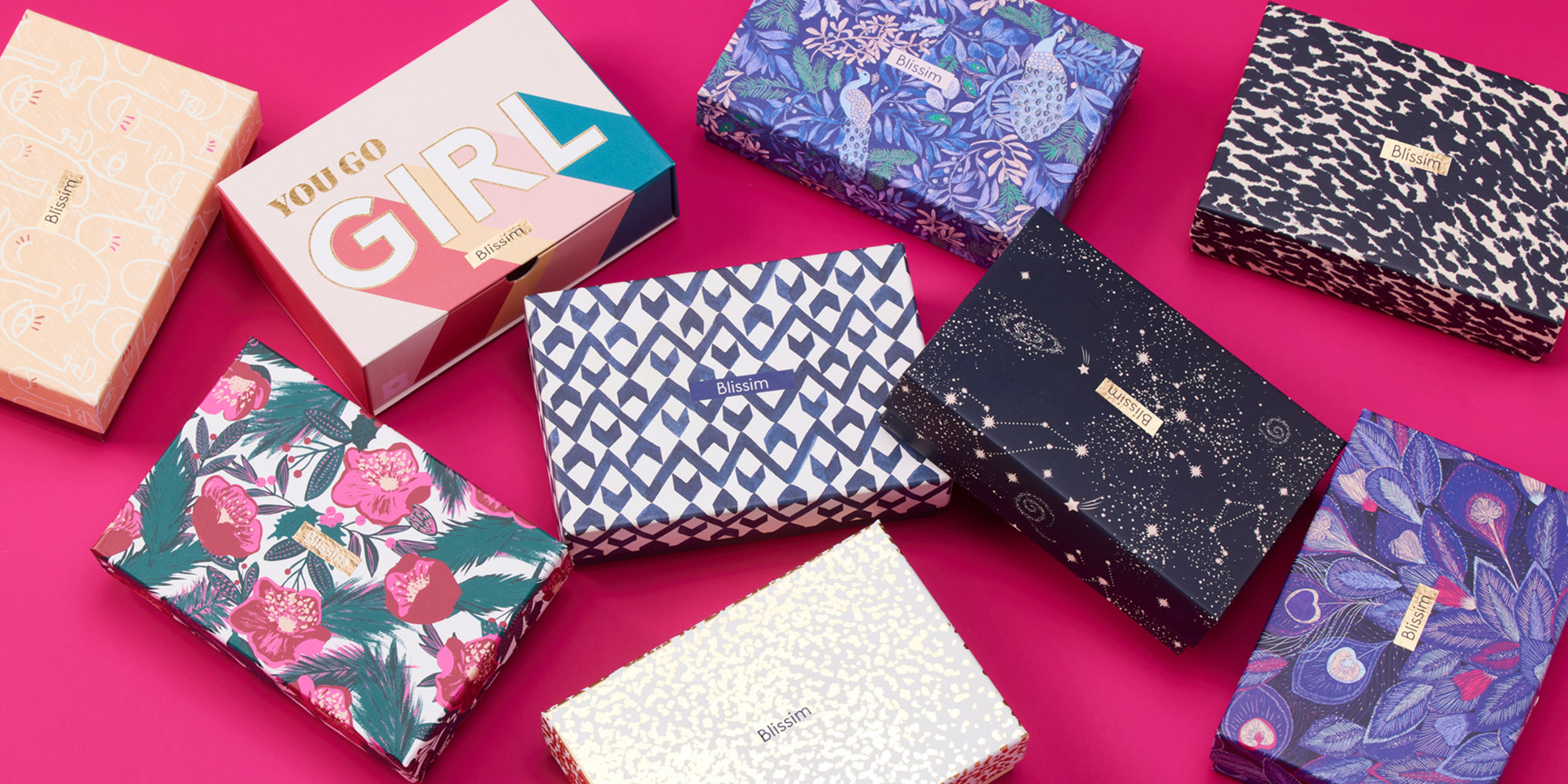
Blissim Shows It’s Possible To Make The Beauty Subscription Box Model Profitable
French beauty subscription box service Blissim is thriving as similar companies in the United States contend with declining demand.
Formerly the European arm of the beauty subscription box pioneer Birchbox, Blissim delivers customized monthly boxes that contain between five and six full-size and mini makeup, skincare, haircare, body care and nail products to over 200,000 European subscribers. It generated roughly 50 million euros or approximately $54.6 million based on the current exchange rate in revenues last year, a 10% increase from the prior year. Its subscriber base has ticked up about 30% from its pre-pandemic subscriber base.
“It’s a great product in a time of inflation. You pay 16.90 euros for the membership, and you get more than 50 euros in value. So, in terms of beauty, it’s the best deal you can have in France,” says Quentin Reygrobellet, co-founder and CEO of Blissim. “That’s the reason why we have more subscribers than any other e-commerce or media company here. We have more subscribers than Elle, Grazia or Vogue, for example.”
Along with its sales, Blissim’s profits have been rising. Reygrobellet says that the company’s earnings before interest, taxes, depreciation and amortization (EBITDA) margin landed in the double digits in 2023. Keeping customer acquisition costs low has helped prop up the company’s coffers. About 50% of Blissim’s customer acquisition efforts involve retargeting customers from its database of 5 million French women.
“The quality of our box is better now than before because now we are very profitable around the box,” says Reygrobellet. “So, we are able to invest more in the business.”
Beauty subscription box companies in the U.S. haven’t fared well lately. Birchbox was acquired by Retention Brands in the spring of 2023 after its previous owner, Femtech Health, entered a bankruptcy alternative process called an assignment for the benefit of creditors. Once valued at $500 million, Birchbox sold to Femtech Health in 2021 for $45 million. The Hut Group closed Glossybox’s United States operations in July, and Ipsy parent company Beauty For All Industries co-founder Marcelo Camberos stepped down as CEO in January of 2023, and it shuttered a brand incubation arm. Smaller subscription box players like Curlbox and Kinder Beauty have either shuttered or cut staff.
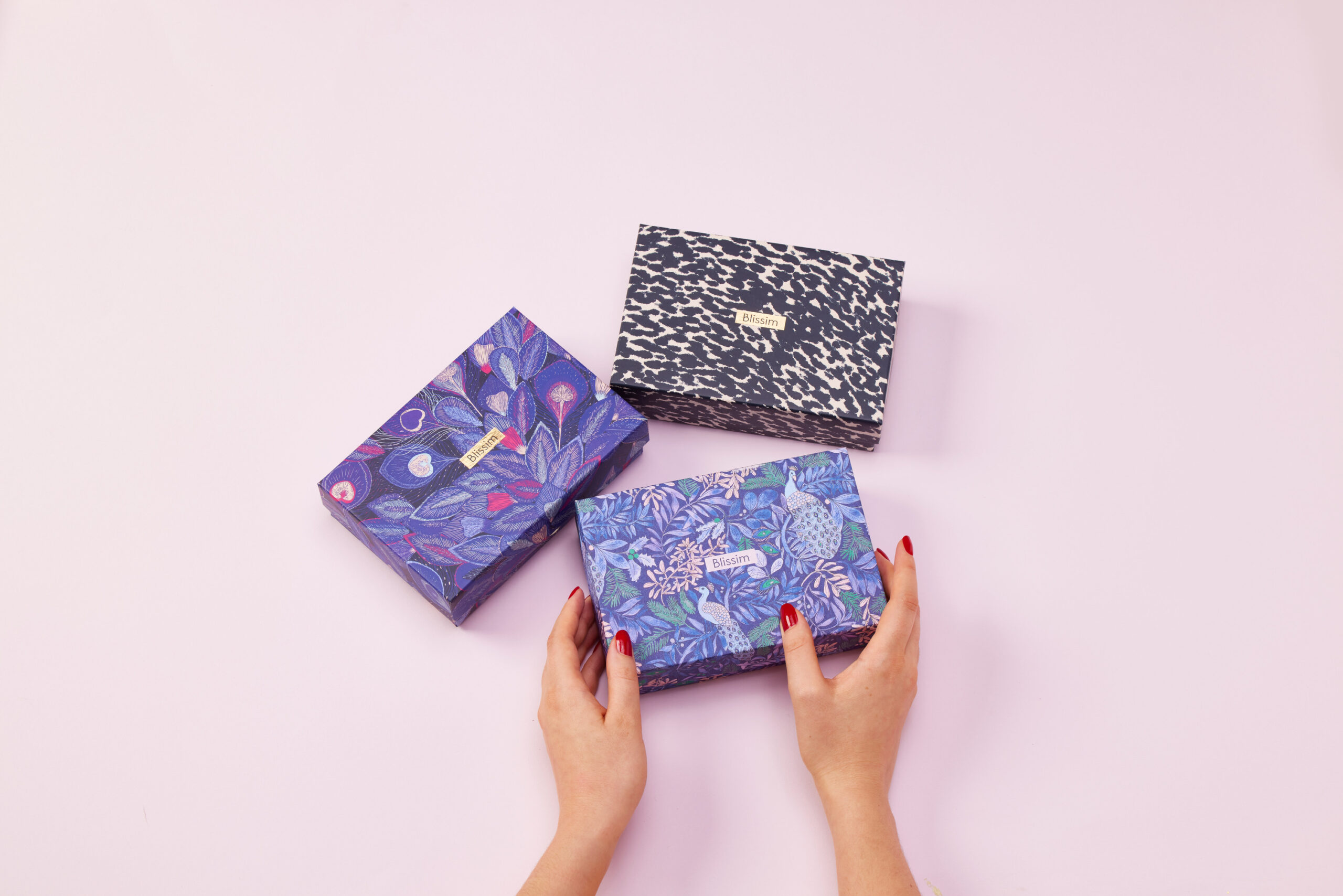
Blissim has partnered with over 500 legacy and emerging beauty brands for its boxes, including Clinique, L’Oréal, YSL Beauty, Erborian, Eyeko, Bioderma and Manucurist. Germany, Spain and Italy are its top-performing territories outside of France. More than 80% of Blissim’s business is generated from its member fees as well as limited-edition products and advent calendars. E-commerce accounts for the balance of its sales.
Reygrobellet points out that the main difference between Blissim and Birchbox is Blissim’s focus on marketing versus e-commerce. “We are not an e-commerce company, we are a marketing and media company,” he says. “We are able to collect thousands of reviews, and we provide them to our partners for free. Reviews are key for brands because they increase the conversion of your website.”
Blissim started life as JolieBox in 2011, a subscription box service that, like Glossybox, was an early competitor to Birchbox in Europe. After raising 1 million euros or nearly $1.1 million from Alven Capital and angel investors, Reygrobellet and JolieBox co-founder Martin Balas grew the burgeoning company significantly within its first year. It scooped up two smaller European subscription box companies—Glamourum in Spain and Boudoir Prive in the United Kingdom—and increased its subscriber base to about 20,000 people.
JolieBox’s ascension caught the eye of Birchbox in 2012 as it was looking to expand into Europe. The acquisition became official in early 2013 as JolieBox rebranded as Birchbox Europe. Reygrobellet and Balas received an equity stake in Birchbox as part of the transition, and Reygrobellet assumed the role of Birchbox’s European GM.
Birchbox Europe’s headcount skyrocketed over 1,000% after the acquisition, and the company saw “huge growth” through at least 2017, according to Reygrobellet. Soon after, Birchbox U.S. business faltered as it faced mounting competition and depressed subscriber numbers. By 2019, Birchbox U.S. had switched its owner structure following a failed attempt to find a buyer and scaled back its branded brick-and-mortar business as well as plans to enter China.
In the same year, Birchbox former co-founder and CEO Katia Beauchamp approached Reygrobellet about selling the European business. “They needed fresh cash,” he says. “We were an asset in growth mode, and we were profitable.”
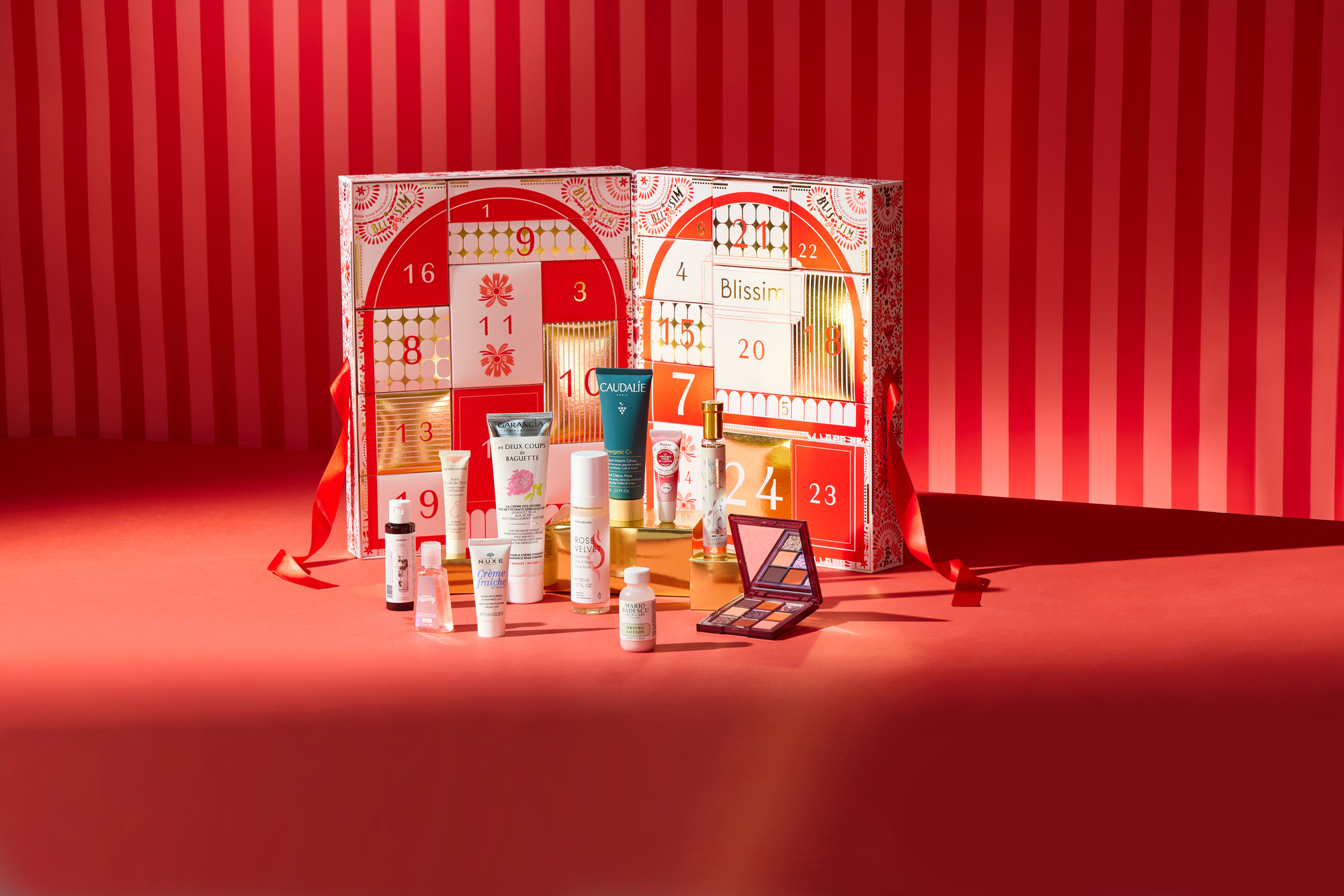
With investment from private equity firm Otium Capital, Reygrobellet and Balas purchased Birchbox Europe back from Birchbox U.S. for an undisclosed amount in 2019. At the time, Birchbox Europe had around 150,000 monthly subscribers. It rebranded as Blissim in 2020 and became independent from its former parent company. Reygrobellet and Balas remain majority shareholders in Blissim, with Otium, Raise Capital and Trocadero Capital Partners rounding out its cap table. Reygrobellet says the company has raised debt to finance its operations, too.
“I have no regrets about Birchbox,” he says. “I was very young and learned a lot. The Birchbox team was amazing when we were acquired by them, but we are independent now and are free to continue to grow.”
For subscription box companies to be successful, Reygrobellet believes they must concentrate on fostering brand discovery. In addition, he believes they must act less as retailers and more as intermediaries between brands and retailers. He concedes that it’s challenging for newer boxes to reach the scale necessary in order to realized profits. That being said, Blissim’s objective is a profitable future.
“We want to build strong roots in our business, and I am convinced that strong roots means quality,” says Reygrobellet. “If we’re able to provide a high-quality box with beautiful brands and high value, it’ll be great for our future.”
